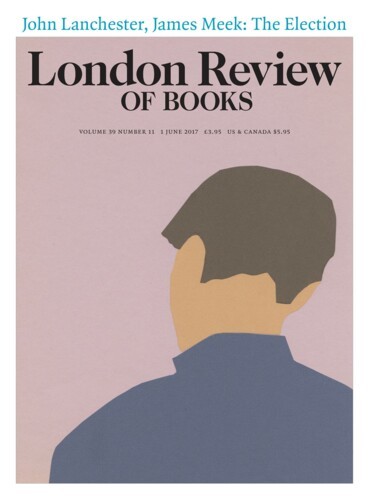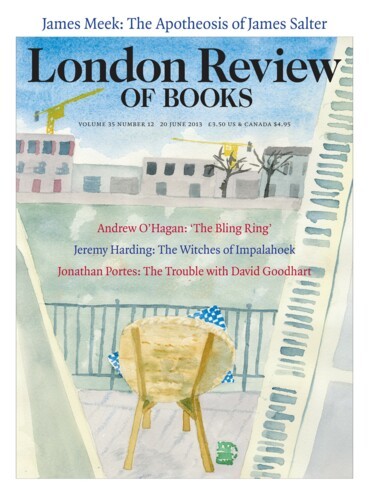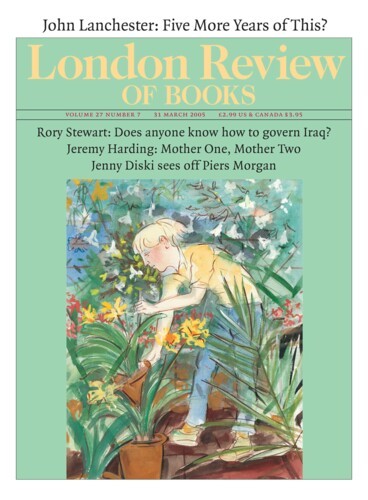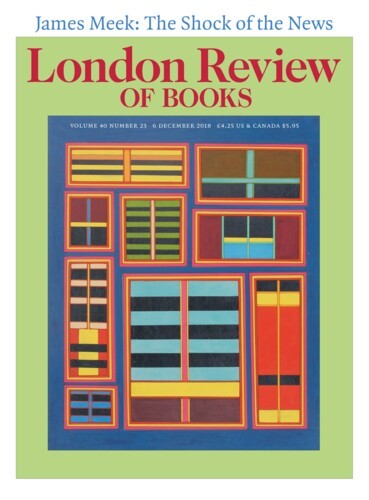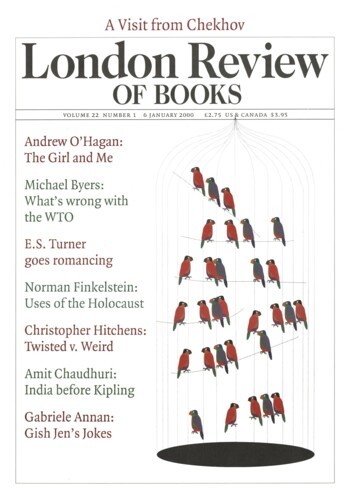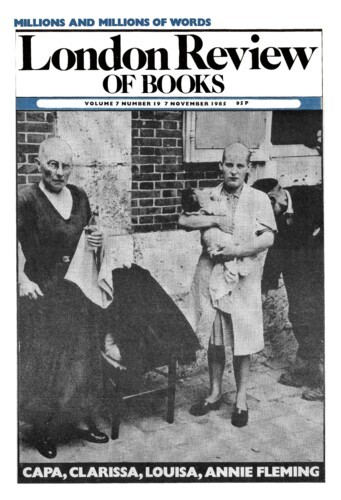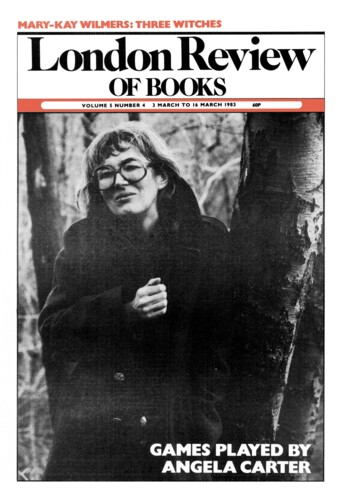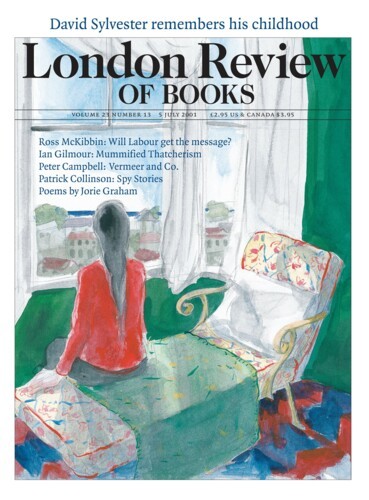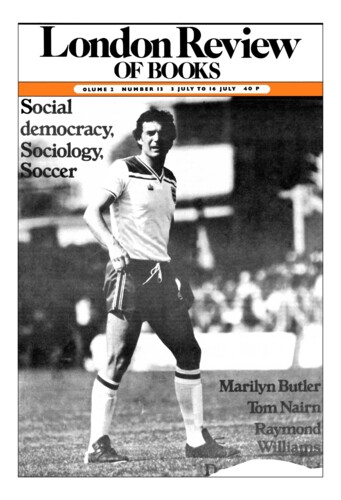Who’s the real cunt? Dacre’s Paper
Andrew O’Hagan, 1 June 2017
The Daily Mail is like the drunken lout at a party who can’t get anyone to like him. Suddenly all the girls are sluts and all the men are poofs and he’s swinging at the chandelier before being huckled outside to vomit on the lawn.
